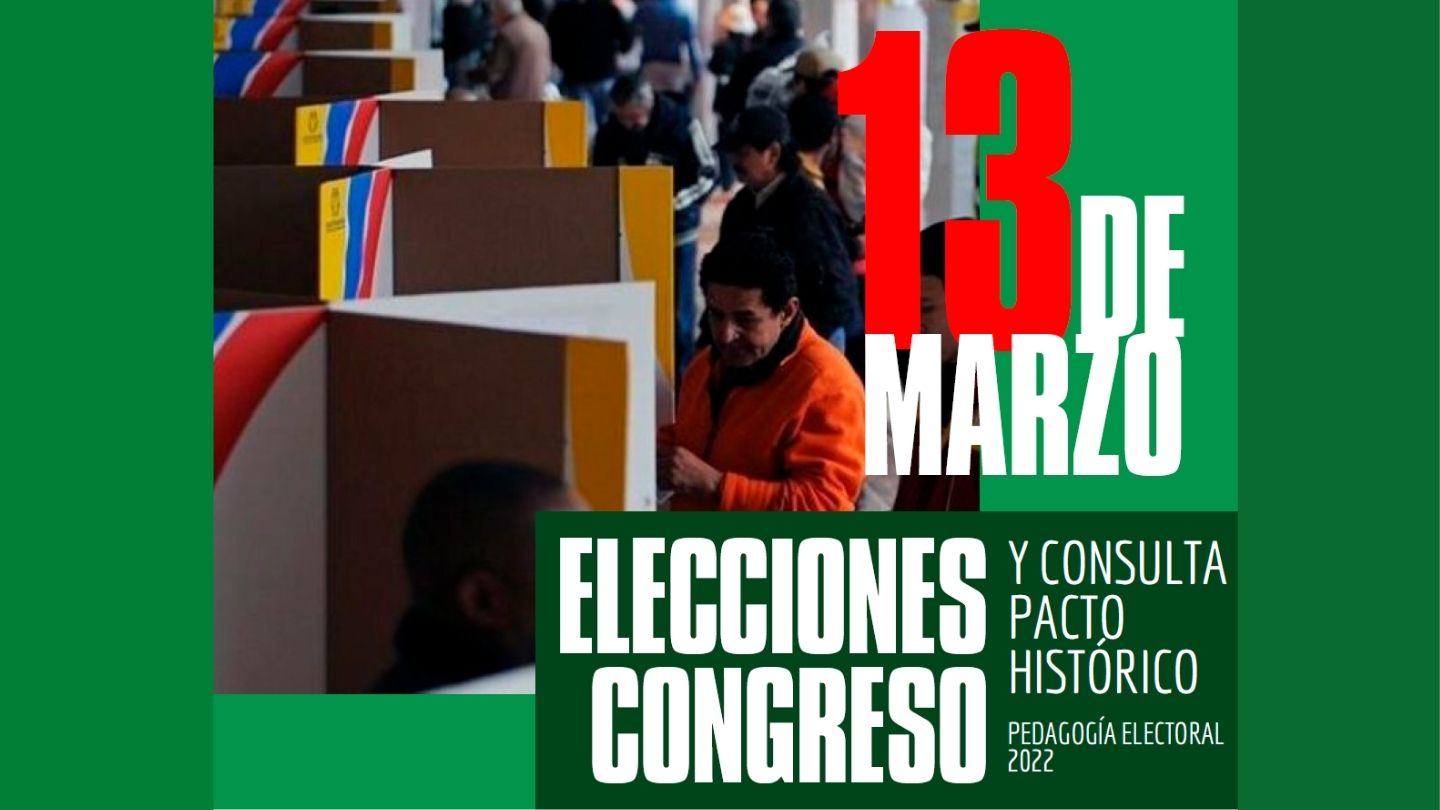Inflation Expectations: Agents’ expectations about future values of inflation play an important role in macroeconomic analysis. From a steady-state perspective, higher expected inflation rates induce agents to hold smaller real money balances and, in most models, to hold different amounts of capital.
In dynamic analysis, inflationary expectations affect agents’ decisions regarding saving and price adjustments, and affect monetary policy behaviour in ways that have become increasingly important. Over time, analysts’ treatment of expectations evolved from distributed-lag, adaptive models to rational expectations, a change that had major analytical implications. Analysis of learning behavior has become more prominent, supplementing or occasionally replacing rational expectations[1].
Contáctenos:
Si desea más información acerca de los servicios del Centro de Apoyo a la Investigación Económica escríbanos a:
[1] McCallum, Bennett T. "inflation expectations." The New Palgrave Dictionary of Economics. Second Edition. Eds. Steven N. Durlauf and Lawrence E. Blume. Palgrave Macmillan, 2008. The New Palgrave Dictionary of Economics Online. Palgrave Macmillan. 27 February 2017. http://www.dictionaryofeconomics.com/article?id=pde2008_I000098 doi:10.1057/9780230226203.0793









